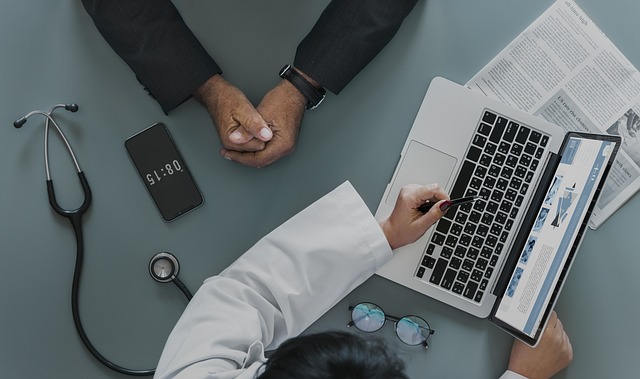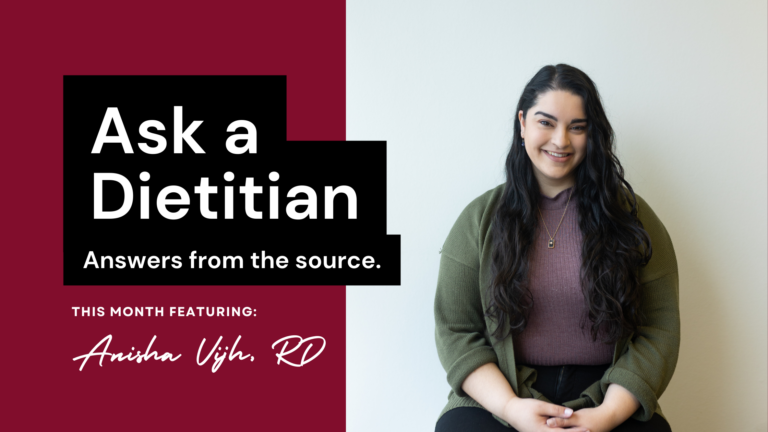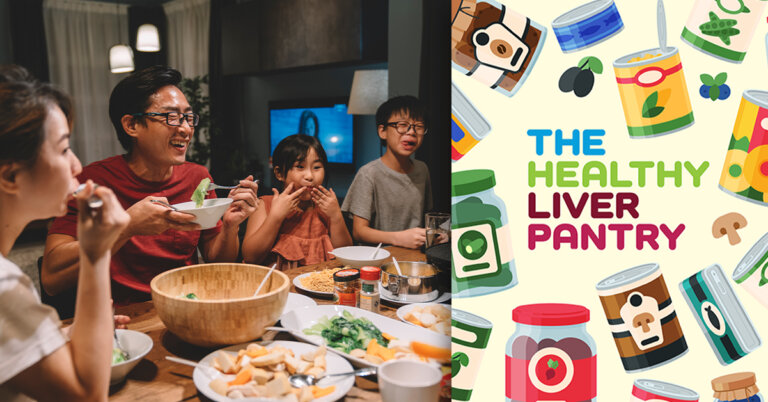the reality of refined sugars
It’s a hard reality to consider that sugary foods have slowly begun to take ...
together, we’re stronger: a message from liver canada’s communications & marketing director holly nyenkamp
Since we introduced our new identity change from the Canadian Liver Foundation to Liver Canada, ...
Introducing Liver Canada
The Canadian Liver Foundation is proud to unveil our new identity—welcome to Liver Canada. ...
New survey shows most Canadians overlook their liver health, yet 1 in 4 is affected by liver disease
January 22, 2025 — Only nine per cent of Canadians prioritize their liver when thinking about their health — ...
Tim’s Story: Championing liver health for every Canadian
My name is Tim. When my daughter was only five years old, her life was ...
Who gives a sliver of a liver to a stranger?
For families with loved ones in desperate need of liver transplants, exhaustion and a readiness ...
Melanie’s Story
“We always think that we are invincible until we learn that what we put into ...
Conversations on Liver Wellness: Opportunity for Positive Impact
We know the liver is vital for life, yet despite research showing cost analysis impact ...
Inspiring Eight-Year-Old Raises Hundreds for Liver Health
“If I could help even a little bit to bring hope to someone’s life ...
Ask a Dietitian, with Anisha
By: Anisha Vijh, RD | June 18, 2024 Today, we’re thrilled to launch our latest blog series: ...
The Healthy Liver Pantry is back!
Welcome to a world where liver health meets delicious living! We’re so excited to ...
Liver Canada joins the fight against viral hepatitis
Sunday, July 28, marked World Hepatitis Day, a vital initiative that serves as a call to ...











